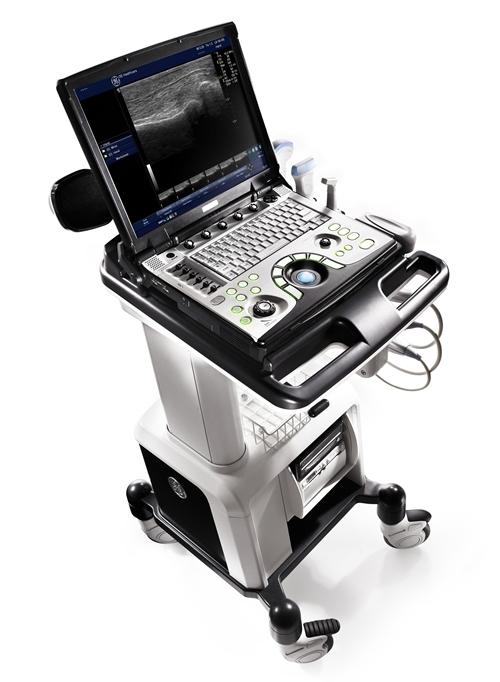
Veterinary ultrasound is a useful tool which can be used to diagnose and monitor a variety of conditions. In some circumstances, it may be necessary to use veterinary ultrasound because animals cannot communicate with humans about their symptoms. As a result, an ultrasound exam may be used to asses a pet for otherwise unseen or undetected problems.
One of the most common reasons for the doctor to use ultrasound is as an aid to diagnosis. For example, if a pet is brought in by an owner who claims that the animal is having difficulty urinating, the doctor might use ultrasound to check for an obstruction in the bladder or urethra. Ultrasound can also be used to examine suspicious masses and other abnormalities which are detected during a physical exam. It can also be used in emergency settings to look for serious medical problems such as internal organ damage after a collision.
We can also use veterinary ultrasound to monitor an ongoing condition. A pregnant dog, for example, may be given several ultrasound examinations to confirm the pregnancy and assess the health of the developing puppies. Ultrasound can also be used to monitor the progress of liver and kidney disease, along with any treatment approaches, just as it is in humans.
Depending on the findings of the ultrasound study, the doctor can recommend the best course of action, which can vary from requesting additional testing or procedures to recommending a change of medication to continuing the animal’s care as before.



